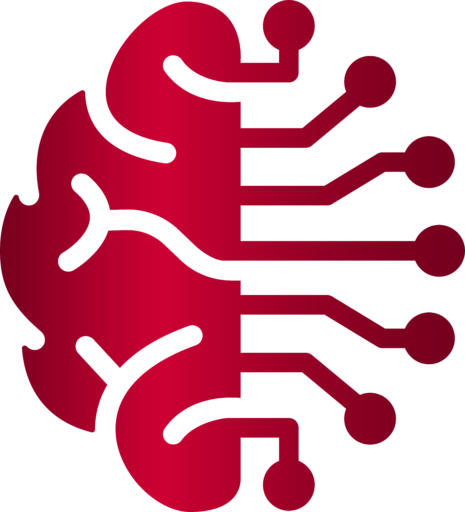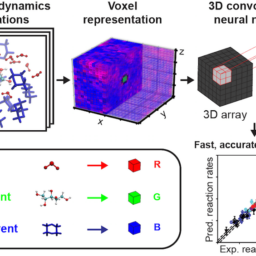Applied machine learning

Artificial intelligence driven by machine learning is making waves, grabbing headlines and causing people to reimagine the future.
But we’re using machine learning to solve problems right now.

Badger Engineers are harnessing data science to design new materials, boost manufacturing, optimize and safeguard the grid, accelerate the future of transportation, improve healthcare, and more. Our college brings together AI and machine learning experts with researchers from a range of fields who are eager to sift through ever-expanding amounts of data for answers.

Our researchers leverage the technology and resources available at one of the nation’s top public research powerhouses and collaborate with leading minds across the UW-Madison campus.

In our college, data-driven engineering isn’t just an isolated interest—it permeates our entire research and teaching enterprise.
Material matters
New materials with rare, sought-after properties could enable breakthroughs in clean energy, electronics and more. But screening thousands of candidates is both time-consuming and unrealistic.
Our college, long a leader in fundamental materials research and home to the National Science Foundation-funded Materials Research Science and Engineering Center, is applying emerging machine learning methods to accelerate the discovery of new materials.
Industry impact
Our researchers’ machine learning work holds colossal promise for whole industries. Predictive maintenance should elevate manufacturing operations by improving efficiency and safety. By analyzing data from jet engine sensors, models could tell aircraft companies when to pull a plane out of service. Neural networks can identify the best conditions for catalytic reactions needed for biofuel production. And computational methods can help integrate more renewable energy into the U.S. power grid, make it more resilient to extreme weather, and improve security.

Helping healthcare
We’re partnering with our campus neighbors in the medical sciences to bring the power and potential of computing to healthcare. Machine learning can reduce errors in diagnoses, guide the design of cancer treatments, and accelerate development of new stem cell-based therapies.
This is the type of interdisciplinary research that’s possible at one of the few top-tier research universities in the country to house an engineering college and schools of medicine, pharmacy, nursing and veterinary medicine all on a single campus.
Fresh energy
In recent years, we’ve continued to bolster our data science capabilities by adding faculty experts on both the fundamental sides of machine learning and AI and the application of those techniques. Researchers from both of those camps collaborate, pairing domain knowledge with theoretical advances to amplify their impact in areas that span autonomous vehicles, chemical supply chains, healthcare delivery, polymer design and more.

Preparing our students
We’ve integrated data fluency into our curriculum at both the undergraduate and graduate levels, ensuring students enter their careers stocked with a variety of tools to solve complex problems.
We’re launching a new applied data science certificate for undergraduates, and we’ve introduced a range of courses that expose students to practical use cases and possibilities. Through Professor Dane Morgan’s Informatics Skunkworks group—funded by the National Science Foundation—undergraduate students build their skills while working on faculty research projects from across the college.










